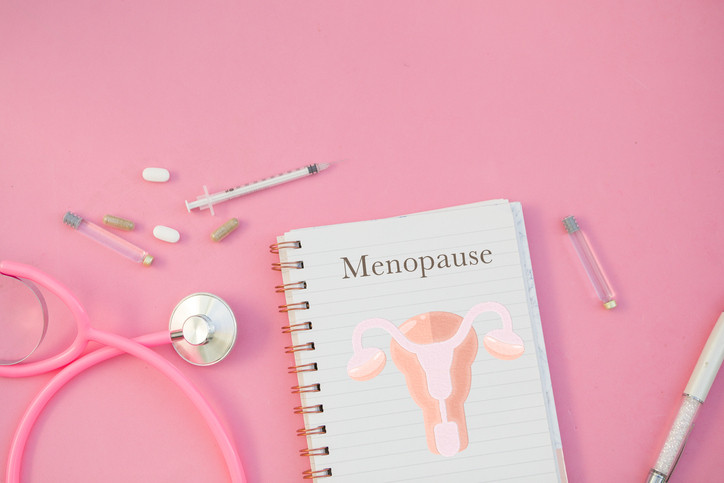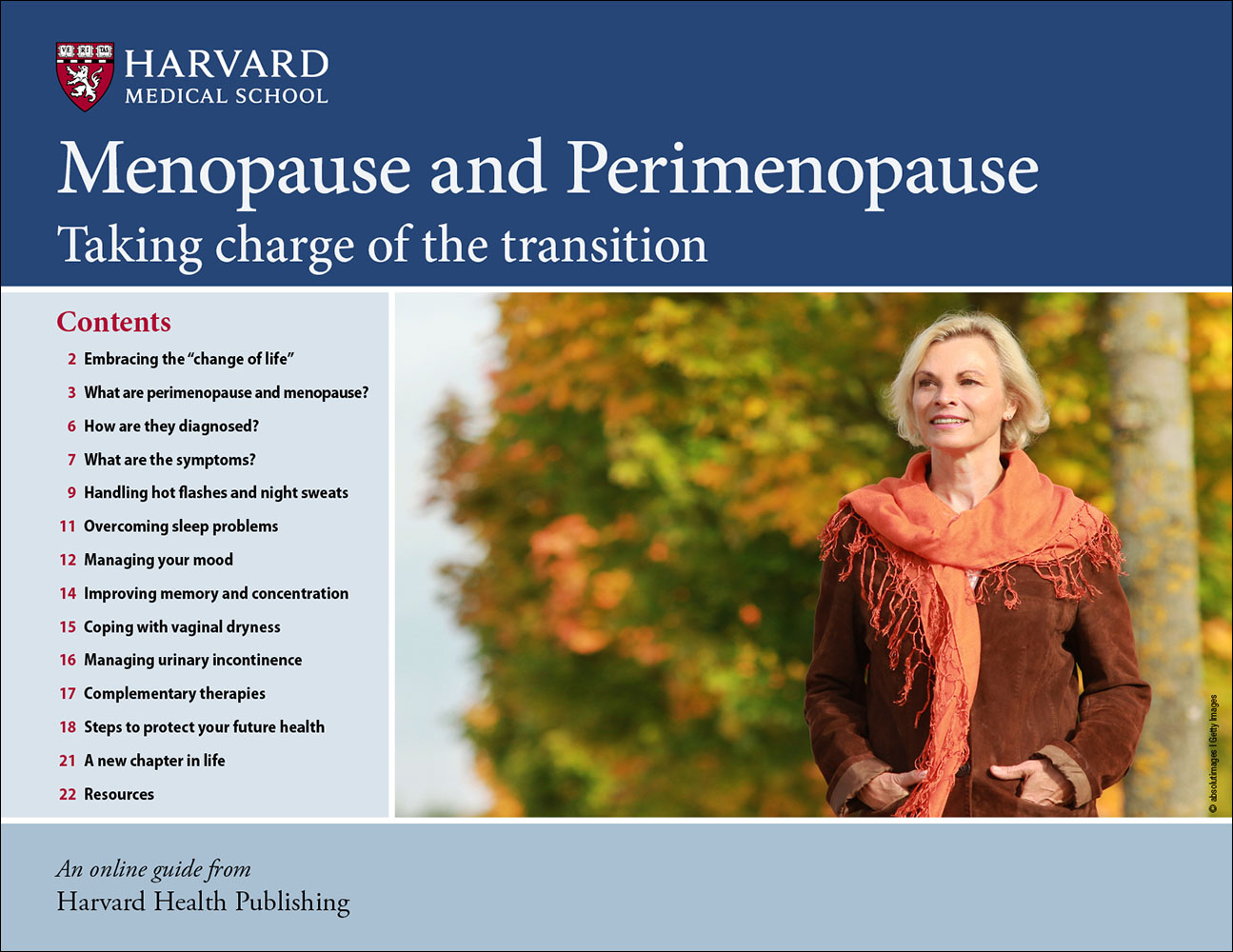National task force updates recommendations on hormone therapy after menopause
Research we're watching
- Reviewed by Toni Golen, MD, Editor in Chief, Harvard Women's Health Watch; Editorial Advisory Board Member, Harvard Health Publishing; Contributor

Updated national guidelines on hormone therapy after menopause recommend that women use it only to relieve menopause-related symptoms, not to prevent chronic conditions that become likelier as women's hormone levels drop after menopause.
The latest guidelines from the U.S. Preventive Services Task Force, published Nov. 1, 2022, in JAMA, recommend against the use of estrogen alone or combined estrogen-progesterone formulations — patches as well as pills — to prevent chronic conditions such as osteoporosis or cardiovascular disease. The updated guidelines do not specifically address hormone therapy for menopause-related symptoms. However, the authors note that these women and women who went through early menopause due to surgery or other conditions should be considered candidates for hormonal treatment.
The authors based their recommendations on a review of two dozen high-quality studies. While the analyses showed lower risks of problems such as fractures, diabetes, and colorectal cancer among postmenopausal women using hormone therapy, these benefits were outweighed by higher risks of other serious conditions, including invasive breast cancer, stroke, and blood clots.
Image: © Carol Yepes/Getty Images
About the Author

Maureen Salamon, Executive Editor, Harvard Women's Health Watch
About the Reviewer

Toni Golen, MD, Editor in Chief, Harvard Women's Health Watch; Editorial Advisory Board Member, Harvard Health Publishing; Contributor
Disclaimer:
As a service to our readers, Harvard Health Publishing provides access to our library of archived content. Please note the date of last review or update on all articles.
No content on this site, regardless of date, should ever be used as a substitute for direct medical advice from your doctor or other qualified clinician.
















